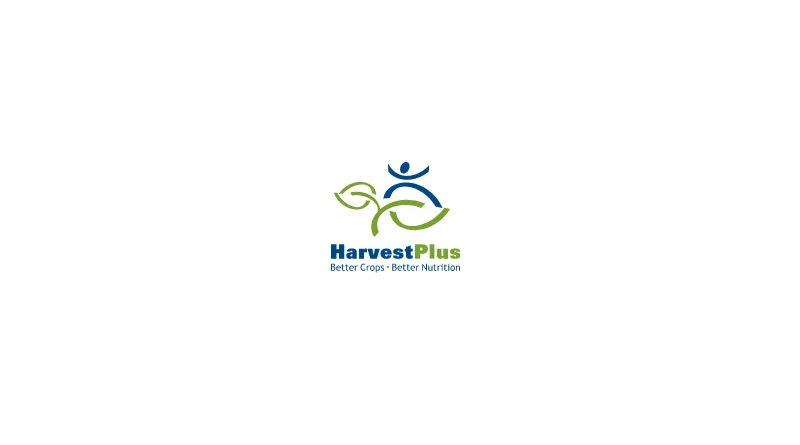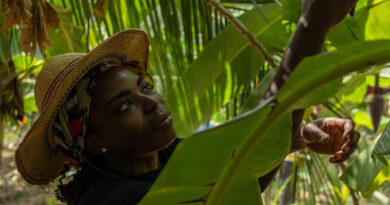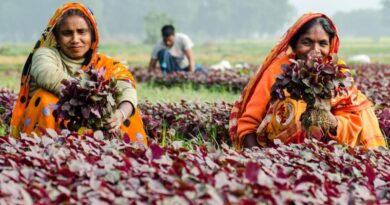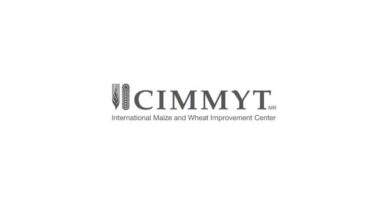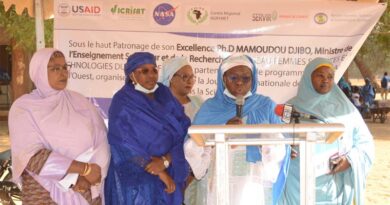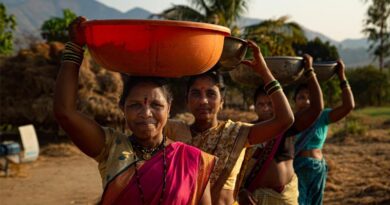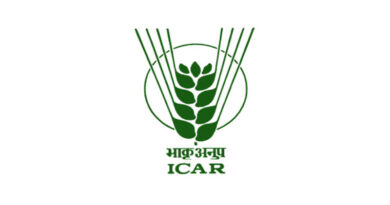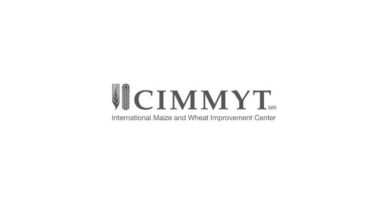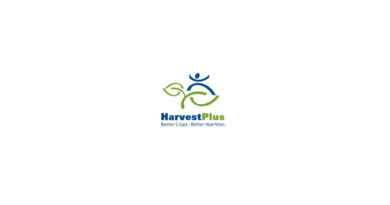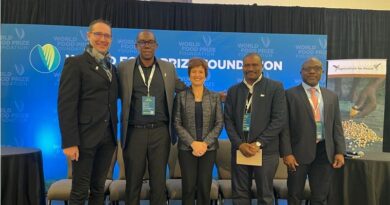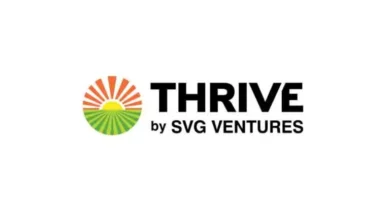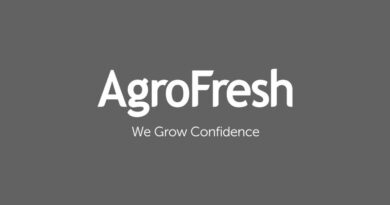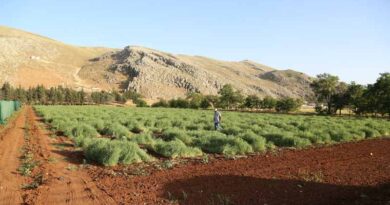Women in Biofortification Sustainably Improving Nutrition and Economic Empowerment
09 March 2024, Asia: March 8 is the global annual commemoration of International Women’s Day. This day holds great significance, not only as a celebration of women’s achievements, but as a reminder of the continued journey towards gender equality and inclusivity.
More than 3.1 billion people around the world—mostly in Africa, Asia, and Latin America—simply can’t afford a diet of nourishing, diverse foods that provide enough essential vitamins and minerals. The women and children are most vulnerable among those.
Women play a vital role in agri-food systems, but their working conditions and economic opportunities are impacted by gender inequalities. Simply, closing gender gaps in farm productivity and employment in agri-food systems will increase global Gross Domestic Product (GDP) by $1 trillion and decrease food insecurity for 45 million people.
At HarvestPlus, women are priority participants in every aspect of advancing biofortification. It begins at the crop development stage, when the breeding targets for micronutrient levels are set to meet the specific nutritional requirements of women of reproductive age, and adolescent girls, as well as all young children.
At HarvestPlus, investing in women in the agri-food system is at the center of our work to accelerate the progress, as part of our efforts to creating opportunities of economic empowerment, access to seed and improved nutrition for women. Over 12 million women were trained in Asia, Africa and Latin America on nutrition and agronomy, ensuring that knowledge and capacity strengthening opportunity reaches to all. As a result of efforts by HarvestPlus and its public, and private sector partners, over 100 million people in farming families were eating nutritious crops and foods by end of 2023. Millions more are buying them from markets.
Women-owned enterprises are a key link for food and nutrition value chains. “As ‘nutri-preneurs’ women overcome a range of traditional and interlocking constraints in access to capital, assets and market networks,” said Rewa Misra, Policy Advisor and Gender Focal Point at HarvestPlus.
Fakrun Nahar, a Bangladeshi entrepreneur, started with just 600 Kilograms of zinc rice seed and offered rice pack samples to her colleagues, relatives, and friends free of charges. When her personal contacts responded positively to her supplied products, she was encouraged to make the biofortified seeds available for commercial delivery which boosted her business. “I hope VRDS branded zinc rice seed and grain business will be sustainable, and successful. I want to give earnest thanks to HarvestPlus for inspiring and helping me to start the business for the good of my community,” she says.
HarvestPlus programming is sustainably improving health and livelihoods of smallholder farming families, and low-income women in the agri-food system. “We are growing zinc-enriched wheat varieties in Pakistan, getting better yield and good nutrition for my family. Thanks to HarvestPlus for introducing us the nutritious wheat seed” said by Noreen Khan, a wheat farmer from Pakistan, among thousands of those who were benefitted from the work contributed by HarvestPlus.
Special Note on International Women Day:
To all the women within HarvestPlus family, stakeholders, partners, donors and beyond, we extend our deepest gratitude, admiration, and respect. Your strength, resilience, and brilliance inspire us all, and we are privileged to have you as our colleagues, and coworkers.
Also Read: Coromandel’s Gromor Drive Crosses 16,000+ acres of Drone-led Spraying
(For Latest Agriculture News & Updates, follow Krishak Jagat on Google News)

